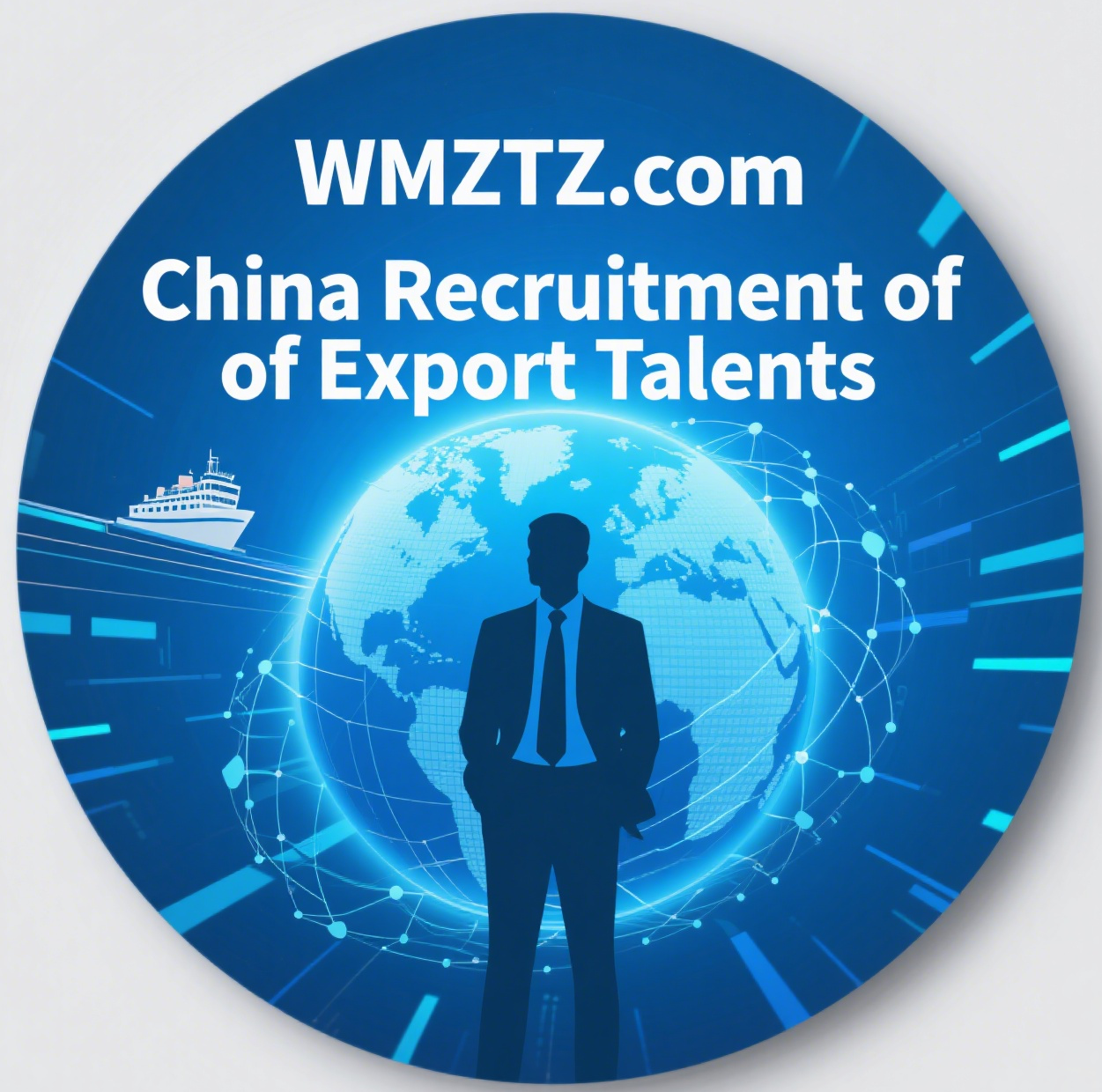How can I find products suitable for people with special dietary needs (e.g., gluten – free, halal) in China?
Alqadhi90Begginer
How can I find products suitable for people with special dietary needs (e.g., gluten – free, halal) in China?
Share


1. Halal Products: Compliance and Access Points
Certification Standards
Where to Purchase
Key Brands
2. Gluten-Free Products: Labeling and Availability
Labeling Clues
Purchasing Channels
Local Innovations
3. Other Specialized Diets
Diabetic-Friendly Options
Lactose-Free & Dairy Alternatives
Allergen-Free Products
4. Verification and Practical Tips
Label Decoding Tools
Retailer Assistance
Return Policies
5. Cultural and Regional Considerations
Halal in Mainland China
TCM-Inspired Diets
Niche Diets (Kosher, Vegan)
Conclusion